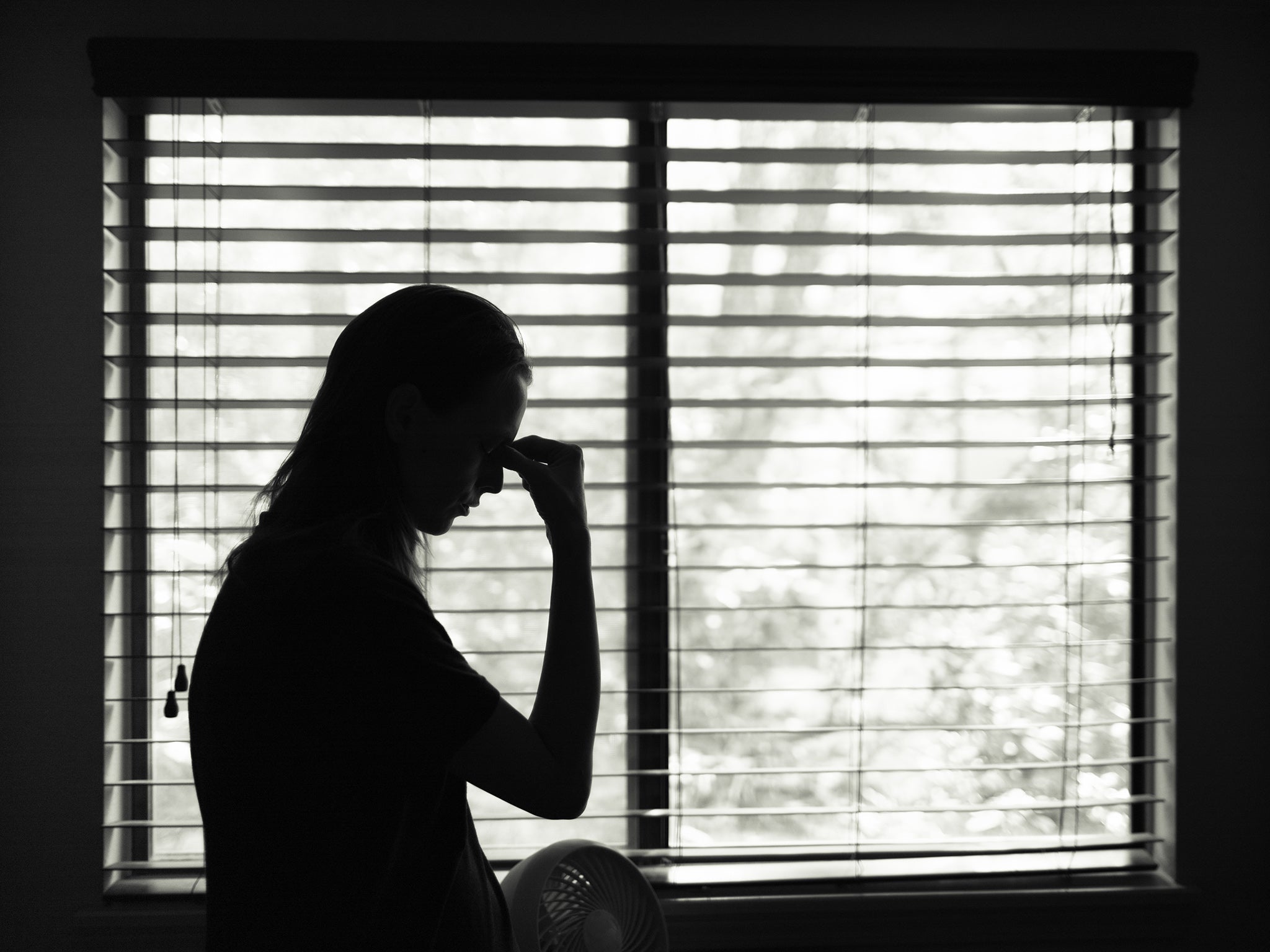A domestic abuse register is a start – but the devil is in the detail
Violence against women is being made a strategic policing priority. It can’t come soon enough – but it’s got to be backed by action, writes Jess Phillips


For years I have been working with victims of some of the worst cases of domestic abuse and stalking, as well as with the families of those who have sadly been murdered in instances of domestic homicide.
For more than three years, there have been demands for better monitoring and management of known domestic abusers and stalkers to prevent them from continuing their reign of terror against women.
We laid amendments that would create a register of these offenders to the Domestic Abuse Bill two years ago, and the government voted against them. This week, the government has at last announced that it will monitor some of the worst violent offenders. This is a victory, not only for hard-working campaigners – like Zoe Dronfield, who was nearly killed in an eight-hour ordeal at the hands of her ex-partner – but for all women.
Without doubt, however, the devil will always be in the detail. The government has pledged to create a register of domestic abuse offenders in a bid to finally do something to monitor these dangerous perpetrators, following calls for such a move in light of the “chilling” number of women being killed in the UK by their partners.
However, what it has actually announced is that the people who will go on this register, to be monitored by the police and the probation service (both of which are currently struggling to manage their caseloads), are those who have been convicted of coercive and controlling behaviour and given a sentence of more than 12 months, either in custody or suspended.
So what does this mean? The number of domestic abuse-related crimes recorded by the police in the year ending March 2022 was 910,980, so nearly a million. In the same period, 41,626 offences of coercive and controlling behaviour were recorded. So already we are down to less than 5 per cent of the total number of cases recorded by the police being eligible under this scheme.
We must focus on conviction, which is where the failings in our country truly excel: the vast majority of cases reported to the police never result in a charge, let alone a conviction with a sentence of more than 12 months. But what worries me is the lack of resources available to support this scheme.
Yes, the government has announced a pilot scheme, in three different areas, that involves tagging offenders who are subject to civil orders relating to domestic abuse. But no clear outline has been given of any extra resources for police and probation teams, who are already overstretched and understaffed.
I am eternally grateful that we are moving forward on this issue. I only wish it was happening quicker. It’s good news that violence against women is being made a strategic policing priority a year after the government last announced it would intervene. It says it will place violence against women and girls on the same strategic footing as terrorism.
However, there is currently no detail about how it intends to make this happen. When lives are at stake, delivery is all that matters. Meanwhile, in light of the heinous crimes of officers such as David Carrick and Wayne Couzens, the trust women have in the police and criminal justice system may now be at its lowest ebb.
So, what else might help? Well, the Labour Party has been pushing for 13,000 more neighbourhood police officers and PCSOs to be placed in our communities, where they are desperately needed. This is not only necessary to fight vandalism and antisocial behaviour, but is vital if we are to significantly reduce domestic abuse, because a woman is much more likely to trust a copper she knows in her local area.
She is much more likely to have a relationship with the PCSO who visits her kids’ school to do community work. Victims of domestic violence live in every neighbourhood – and until it feels like the police are there too, we are just going to have schemes that fail to protect those victims, and therefore fail at the important task of establishing trust among the public.
We need to keep talking about men’s violence against women. Today, I will take these proposals as a small win. I will call all of the brave victims I have worked with over the years, and I will thank them for their efforts to make the government listen.
Then will come the work of planning the next move, because we have a hell of a way to go on the delivery and the detail.
Today we have an announcement, but the women in this country need much more than that. They need commitment. They need action. They need domestic violence to stop.






Join our commenting forum
Join thought-provoking conversations, follow other Independent readers and see their replies
Comments